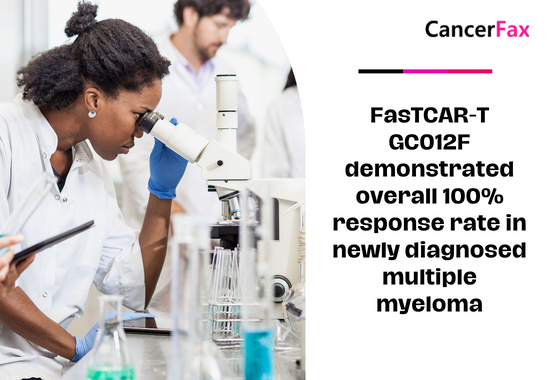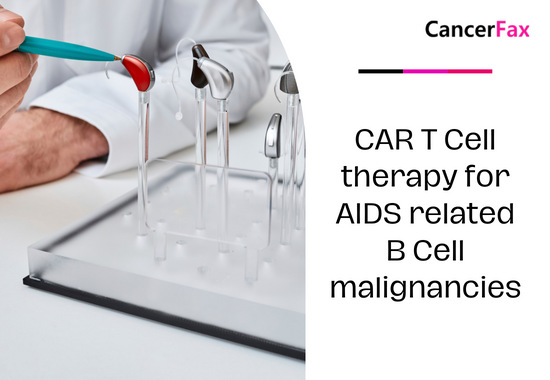October 2021: Cabozantinib (Cabometyx, Exelixis, Inc.) has been approved by the Food and Drug Administration for adult and paediatric patients 12 years of age and older who have locally advanced or metastatic differentiated thyroid cancer (DTC) that has progressed following prior VEGFR-targeted therapy and who are ineligible or refractory to radioactive iodine.
COSMIC-311, a randomised (2:1), double-blind, placebo-controlled, multicenter clinical trial (NCT03690388) in patients with locally advanced or metastatic DTC who had progressed after prior VEGFR-targeted therapy and were ineligible or refractory to radioactive iodine, was used to assess efficacy. Patients were given either cabozantinib 60 mg or placebo or best supportive care until disease progression or unacceptable toxicity.
The key effectiveness outcome measures were progression-free survival (PFS) in the intent-to-treat population and overall response rate (ORR) in the first 100 randomised patients, both of which were assessed by a blinded independent radiological review committee using the RECIST 1.1 criteria. Compared to placebo, CABOMETYX significantly reduced the risk of illness progression or death (p0.0001). The median PFS in the cabozantinib arm was 11.0 months (95 percent CI: 7.4, 13.8), compared to 1.9 months (95 percent CI: 1.9, 3.7) in the placebo arm. In the cabozantinib and placebo groups, the ORRs were 18 percent (95 percent CI: 10 percent, 29 percent) and 0 percent (95 percent CI: 0 percent, 11 percent), respectively.
Diarrhea, palmar-plantar erythrodysesthesia (PPE), weariness, hypertension, and stomatitis were the most prevalent adverse effects (25 percent). Hypocalcemia was inserted as a cautionary note.
Until disease progression or unacceptable toxicity, the recommended single-agent cabozantinib dose is 60 mg once daily. In paediatric patients (12 years of age and older with a BSA of less than 1.2 m2), the recommended cabozantinib dose is 40 mg once day until disease progression or intolerable toxicity.

